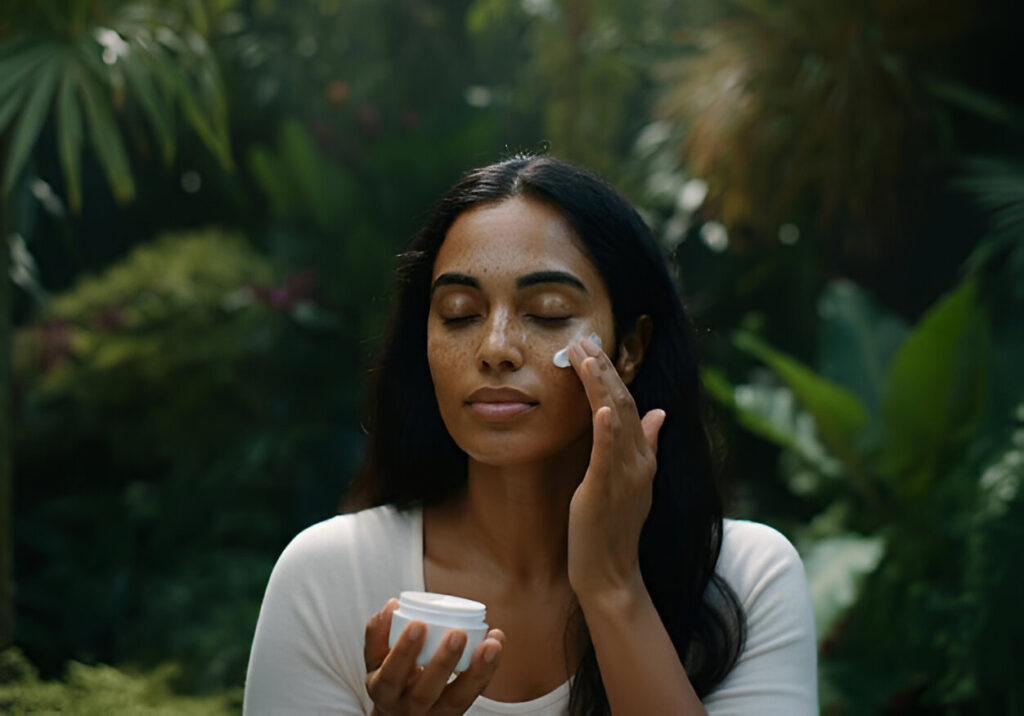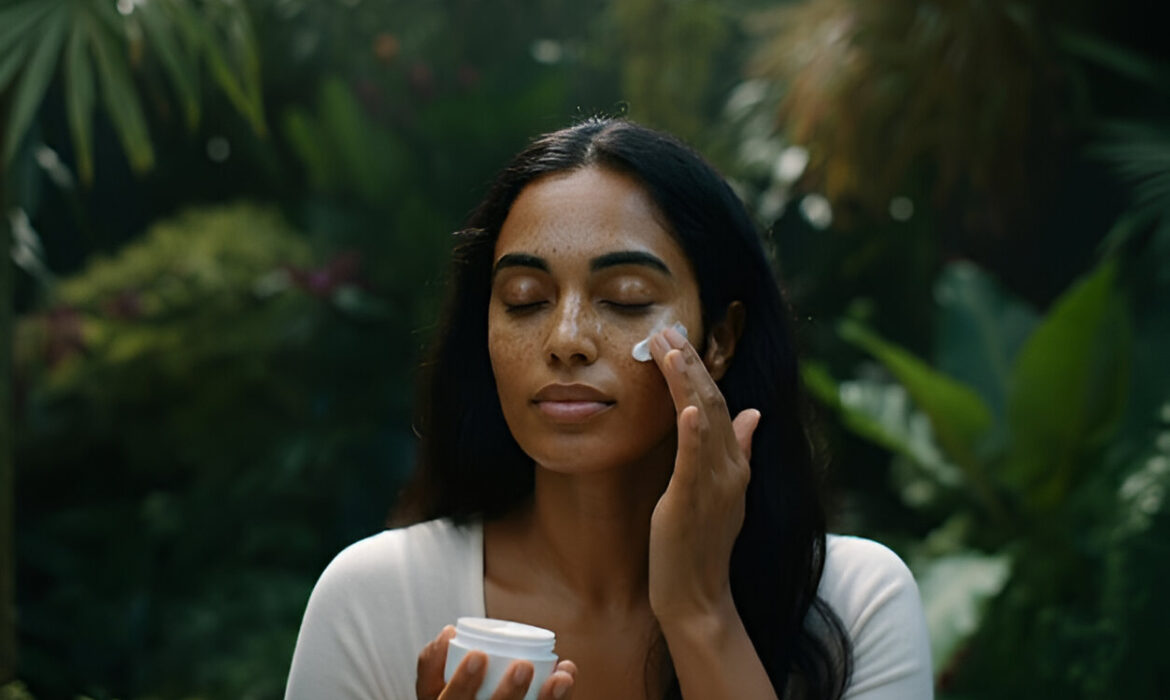Monsoon Skincare Tips: Keep Your Skin Fresh, Clear, and Glowing
Monsoon Skincare Tips: Keep Your Skin Fresh, Clear, and Glowing
Protect your skin this rainy season with dermatologist-approved monsoon skincare tips. Learn how to prevent breakouts, dryness & infections.

The monsoon season brings welcome relief from scorching heat – but a new set of skin concerns with cool showers. A range of skin issues such as increased humidity, ups and downs, and a series of skin issues such as breakouts, fungal infections, excessive oils, or unexpected dryness in a moist environment can be triggered. It is necessary to update your skincare routine during this season. In this blog, we will explore monsoon skincare tips approved by a dermatologist to keep your skin healthy, glow and balanced in all seasons.
Why Does Skin Need Special Care During Monsoons?
During the monsoon, the skin is exposed to a humid environment that can disrupt its natural barrier. Excess moisture in the air increases oil secretion in some skin types and increases the clog pores, causing acne or fungal infections. For others, sudden temperature shifts and indoor air conditioning can remove moisture, causing dry, flaky skin. The skin also attracts more dirt, sweat and pollutants during this season.
To maintain the glow and health of your skin, it is important to follow a skincare routine customized to monsoon-specific challenges.
Use a Gentle, pH-Balanced Cleanser
Humidity and pollution can prevent your pores during the monsoon season. Switch to a gentle, pH-balanced cleanser that removes sweat, dirt and excess oil without snatching the required moisture skin. For oily or acne-prone skin, gel-based cleanser work well with salicylic acid or tea tree oil. If your skin is towards drying, choose a mild foaming or creamy cleanser.
Tone to Control Pores and Prevent Acne
Toner is your best friend during monsoon, especially if you have oily or combination skin. Use alcohol-free toner with natural astringents such as witch hazel, rose water, or green tea. Toning helps in reducing increased pores, controlling sebum production and preventing bacteria growth.
Don’t Skip Moisturizer
Just because it is not humid, it means that you can leave moisturizing. The skin still needs hydration to stay balanced. Choose a light, non-comedogenic moisturizer that hydrates your skin without being greasy. See for materials such as hyaluronic acid, aloe vera, or glycerin.
Always Apply Sunscreen
Even if it is cloudy outside, UV rays can enter and damage your skin. Use a broad spectrum sunscreen with at least SPF 30 daily. Opt to water-resistant, gel-based, or matte-finish sunscreen to avoid that sticky spirit.
Is Laser Scar Treatment Painful?
One of the most common concerns is whether laser treatment for scars is painful. While some discomfort can be experienced – often described as a flash sensation – it is generally well tolerated. Topical numbing creams are applied before the process.
Exfoliate Once or Twice a Week
Dead skin cells and additional sebum can be build-up rapidly during the monsoon. Gentle exfoliation helps unclog the pores once or twice a week and improves the texture of the skin. Use light scrub or chemical exfoliants such as lactic acid or fruit enzyme-based peel. Avoid over-examination as it can disturb the skin.
Stay Hydrated and Eat Right
Healthy skin starts from within. Drink plenty of water throughout the day to maintain hydration. Include antioxidant -rich foods such as fruits, leafy greens, nuts and seeds. Avoid fried, sugar foods that can spoil acne or cause inflammation.
Keep Your Makeup Minimal and Clean
If you wear makeup during the monsoon, go for light, breathable formulas such as BB Creams or Matte Foundation. Avoid heavy, oil-based products that can melt and close the pores. Always remove makeup completely before bedtime and clean your brush and sponge regularly to avoid bacterial buildup.
Watch for Fungal Infections
High humidity can trigger fungal infections, especially around the neck, back, underarms, and feet. Keep these areas dry and clean. Use antifungal powders if you’re prone to infections, and avoid sharing towels or razors.
Change Towels and Pillowcases Regularly
Your skin comes in contact with these items daily. During monsoon season, change them more frequently to avoid the accumulation of bacteria, oil, and sweat that could lead to breakouts or rashes.
Consult a Dermatologist for Persistent Issues
If you notice recurring acne, eczema, or fungal infections during the monsoon season, it’s best to consult a dermatologist. At Dr. Hanan Dermatology Speciality and Trichology Clinic in Chennai, we provide personalized skincare guidance and treatments tailored for seasonal skin concerns.
Final Thoughts
Monsoon skin care is all about balancing oil, moisture, and cleanliness. With the right daily routine and a few simple lifestyle habits, you can keep your skin clear, fresh, and glowing even in the most unpredictable weather. The key is consistency and listening to your skin’s changing needs.
Stay radiant this monsoon-rain or shine!


